Politics
Can the President Suspend a Governor? What’s the Nigerian Constitution
Published
5 days agoon
By
Ekwutos Blog
Many Nigerians often wonder: Can the President suspend an elected governor? The short answer is no. The 1999 Constitution of Nigeria (as amended) does not give the President the power to suspend or remove a governor, no matter the situation. However, the President does have the power to declare a state of emergency in a state, but that doesn’t mean the governor automatically loses office.
What Powers Does the President Have?
Under Section 305 of the 1999 Constitution, the President can declare a state of emergency in a state, but only under specific conditions. These include:
If Nigeria is at war
If there is a breakdown of law and order that threatens national security
If a natural disaster or public danger occurs
If a serious public health crisis (like a pandemic) happens
If the state governor formally requests it, explaining why normal governance cannot continue
If the President believes the situation is serious enough to require emergency powers
Even when a state of emergency is declared, it must be approved by the National Assembly within:
Two days (if they are in session)
Ten days (if they are not in session)
If approved, the state of emergency lasts for six months and can be extended if necessary.
Can the President Remove a Governor?
No. The Nigerian Constitution does not give the President the power to remove or suspend a governor, even during a state of emergency.
Section 180(1) of the Constitution states that a governor can only leave office through resignation, death, permanent incapacity, or impeachment.
Section 188 clearly says that only the State House of Assembly can remove a governor through an impeachment process.
So, no matter how bad things get in a state, the President cannot just wake up and remove the governor.
What About Past Cases Where Governors Were Suspended?
Even though the law is clear, some past presidents have removed governors under a state of emergency, sparking legal and political debates.
1. Plateau State (2004) – Governor Joshua Dariye
What happened? Due to ethnic and religious violence, Obasanjo declared a state of emergency, suspended Governor Dariye, and appointed a military administrator.
Why was it controversial? The Constitution does not allow a president to suspend a governor. After six months, Dariye was reinstated.
2. Ekiti State (2006) – Governor Ayo Fayose
President: Olusegun Obasanjo
What happened? Fayose was accused of corruption. The state assembly’s impeachment process was chaotic, so Obasanjo declared a state of emergency, suspended Fayose, and installed a military administrator.
Why was it controversial? Many saw it as an abuse of power.
3. Borno, Adamawa, and Yobe States (2013) – Boko Haram Insurgency
President: Goodluck Jonathan
What happened? Boko Haram attacks were escalating, so Jonathan declared a state of emergency in these states.
What was different? Unlike Obasanjo, Jonathan did not remove the governors—he only deployed military forces to restore order.
Jonathan’s approach was seen as more constitutionally compliant, while Obasanjo’s actions remain highly controversial.
The Bottom Line
The President can declare a state of emergency under Section 305 of the Constitution.
The President cannot suspend or remove a governor—only the State House of Assembly can do that (Sections 180 and 188).
While past leaders have tried to push the limits of their power, the law remains clear: an elected governor can only be removed by due process, not by presidential order.
You may like


Enugu Govt partners FG to relocate Correctional Centre
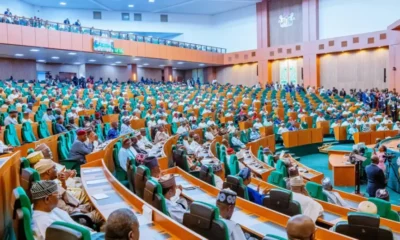

EXCLUSIVE: House of Reps approve bill to increase Lagos LGAs to 57


Train crushes woman to death in Abuja


NAF airstrike neutralize key terrorist fighters, destroy gun trucks
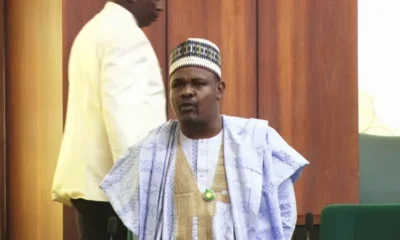

Authorities silent on financial misconduct I exposed – Kazaure
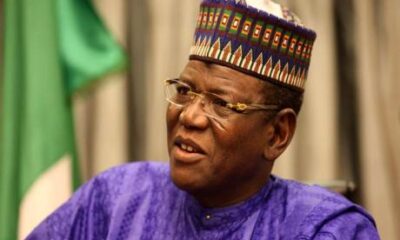

2027: Amaechi, El-Rufai, Kwankwaso, Wamakko, others should return to PDP to sack Tinubu – Lamido
Politics
JUST IN: The Senate today passed a bill mandating the compulsory registration of Nigerians
Published
9 hours agoon
March 26, 2025By
Ekwutos Blog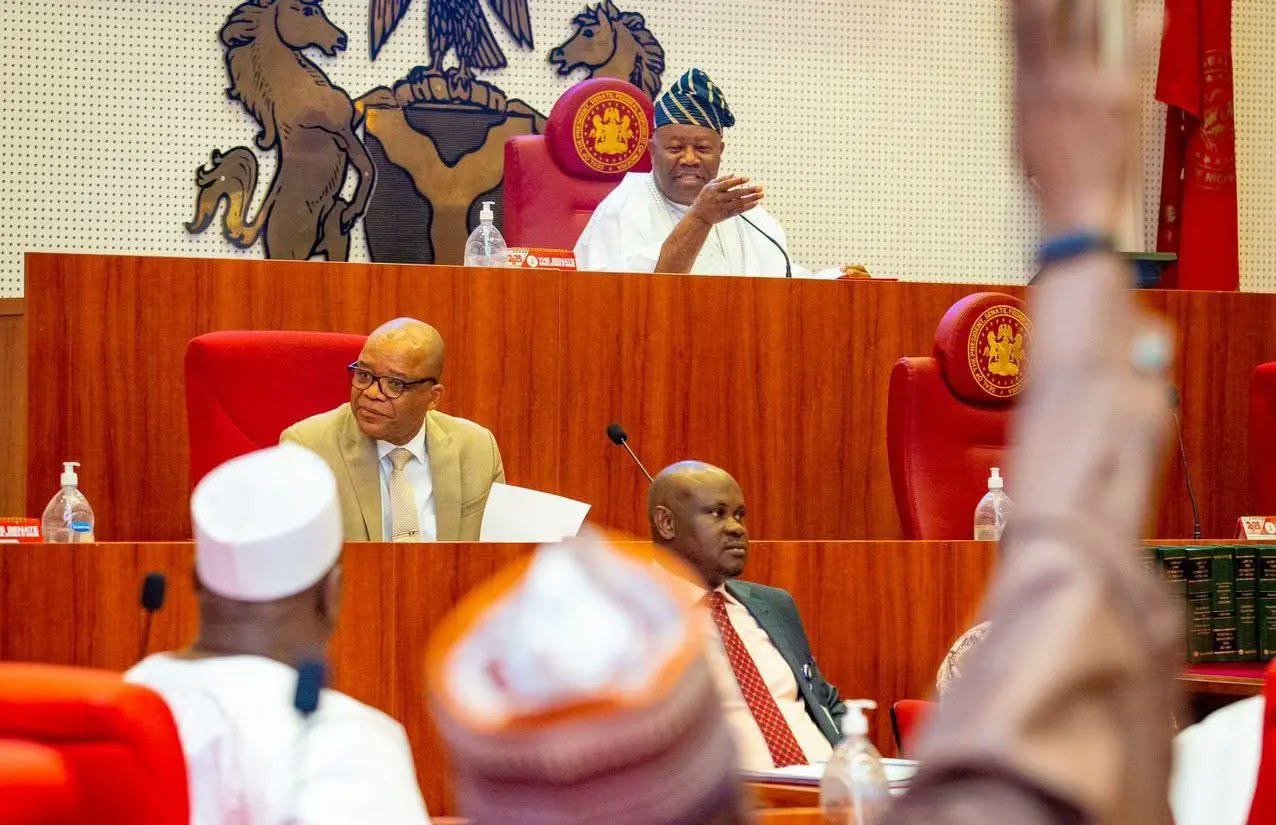
The Senate, on Wednesday, passed a bill mandating the compulsory registration of Nigerians, which seeks to overhaul Nigeria’s identity management system through the repeal and reenactment of the National Identity Management Commission Act.
The bill also provides for the creation of a centralized database and a commission responsible for registering citizens and issuing identity cards.
The bill passage followed the adoption of the report submitted by the Chairman of the Senate Committee on National Identity Card and Population, Senator Victor Umeh.
Umeh is the lawmaker representing Anambra Central on the platform of the Labour Party.
According to him, the agency will be responsible for maintaining the national identity database, registering individuals and issuing identity credentials.
He said, “The bill will facilitate the creation of a national identity database, enhance biometric data collection, and empower the NIMC to issue regulations and guidelines for implementing the Act and other related matters.”
The senator also assured that the Act would establish a streamlined identity system governed by less restrictive, non-discriminatory, and cost-effective data protection measures that comply with global standards.
Umeh added that the bill received overwhelming support from stakeholders during the public hearing due to the urgent need for a comprehensive national identity system.
Politics
Nigerian Govt Declares Monday, Tuesday Public Holidays For Eid-el-Fitr Celebration
Published
11 hours agoon
March 26, 2025By
Ekwutos Blog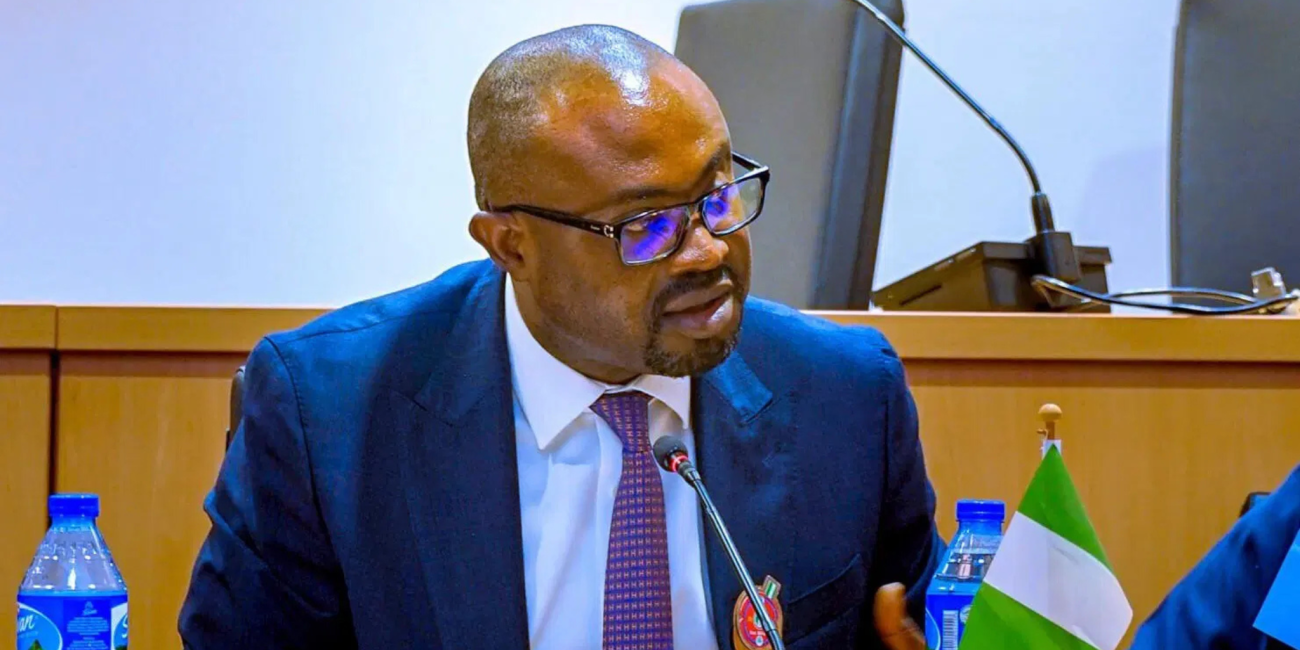
The Nigerian Muslims have also commenced the feasting since March 1, 2024 and it is expected to end either on Saturday or Sunday.
The Nigerian government has declared Monday and Tuesday as public holidays to mark this year’s Eid-el-Fitr celebration.
Magdalene Ajani, Permanent Secretary of the Ministry of Interior, announced the holidays in a statement issued on Wednesday.
Eid-el-Fitr, also known as the “Festival of Breaking the Fast,” is celebrated by Muslims worldwide to mark the end of Ramadan, a month of fasting, intense prayers, and acts of charity.
The Nigerian Muslims have also commenced the feasting since March 1, 2024 and it is expected to end either on Saturday or Sunday.
Ramadan is observed with devotion, with many Muslims engaging in nightly Taraweeh prayers, communal Iftar gatherings, and increased charitable activities.
The holy month often brings a shift in daily routines, as businesses adjust their working hours, and markets witness increased activity, especially in the days leading up to Eid.
The Eid celebrations in Nigeria are usually marked with prayers at mosques and Eid grounds, feasting, and visits to family and friends.
Politics
The House of Reps has passed second reading of a constitutional amendment bill to remove immunity from the Vice President, the Governors, and their Deputies in order to curb corruption, eradicate impunity, and enhance accountability in public office, along with 41 other bills.
Published
11 hours agoon
March 26, 2025By
Ekwutos Blog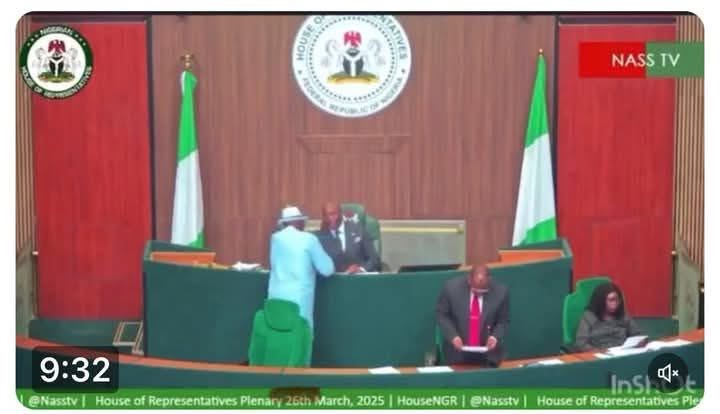
The House of Reps has passed second reading of a constitutional amendment bill to remove immunity from the Vice President, the Governors, and their Deputies in order to curb corruption, eradicate impunity, and enhance accountability in public office, along with 41 other bills.
The others bill are:
A Bill for a Creating Additional Three States Oke – Ogun State, ljebu State and Ife – ljesa State.
A Bill for the Creation of “Tiga State” from the Present Kano State with Headquarters in “Rano”.
A bill to Create a New State in the South Eastern Region of Nigeria Known as Orlu State.
A bill to Create an Additional State in the South East Region of Nigeria, Carved from the Existing Five (5) States to be known as Etiti State with Capital at Okigwe.
A Bill to Establish and Provide Roles for Traditional Rulers in Nigeria and Provide for the Recognition of the Advisory Role of Traditional Rulers in the Constitution.
A bill to Grant Citizenship Rights to Spouses of Women from Nigeria, Specify the Minimum Number of Youths and Women that May be Appointed into Specific Offices.
A bill to Guarantee Indigene Status to Persons by Reason of Birth or Continued Residence for a Period of Not Less than Ten Years or by Reason of Marriage.
A bill to include Citizenship by Investment as one of the classes of Citizenship in Nigeria, provides for the Acquisition of Nigerian Citizenship by Qualified Foreign Investors who meet Specified Investment Thresholds.
A bill to Separate the Offices of the Attorney-General of the Federation, Attorney-General of a State from the Offices of the Minister of Justice of the Federal Government and Commissioner for Justice of the Government of a State.
A bill to Provide for the Establishment of the Office of the Accountant-General of the Federation and the Office of the Accountant-General of the Federal Government.
A bill to Increase the Number of Members of the Federal Civil Service Commission to Provide for each State of the Federation and Federal Capital Territory, Abuja the Opportunity of One Person Representation.
A bill to Mandate all Government Statutory Corporations, Commissions, Authorities, Agencies including all Persons and Bodies Established by Law to Submit Yearly Financial Statement to the Auditor General within a Specified Period.
A bill to Specify the Period for the Laying of Annual Budget Estimates Before the National and State Houses of Assembly.
A bill to Provide for the Public Disclosure of Reports of the Auditor-General of the Federation and for the Auditor-General of a State.
And others constitutional amendments.

Zelenskyy urges US and allies to stand strong against Russia

UK government releases the names of dead Nigerians with unclaimed estates, searches for relatives, go and claim your late relatives properties.

Author Chimamanda Ngozi Adichie’s Surrogacy Decision Ignites Heated Debate: Exploitation or Empowerment?
Trending

 Trending5 months ago
Trending5 months agoNYA demands release of ‘abducted’ Imo chairman, preaches good governance
- Business5 months ago
US court acquits Air Peace boss, slams Mayfield $4000 fine

 Politics5 months ago
Politics5 months agoMexico’s new president causes concern just weeks before the US elections
- Entertainment5 months ago
Bobrisky transferred from Immigration to FCID, spends night behind bars
- Entertainment5 months ago
Bobrisky falls ill in police custody, rushed to hospital
- Politics1 year ago
Nigerian Senate passes Bill seeking the establishment of the South East Development Commission.

 Politics5 months ago
Politics5 months agoRussia bans imports of agro-products from Kazakhstan after refusal to join BRICS

 Politics5 months ago
Politics5 months agoPutin invites 20 world leaders

